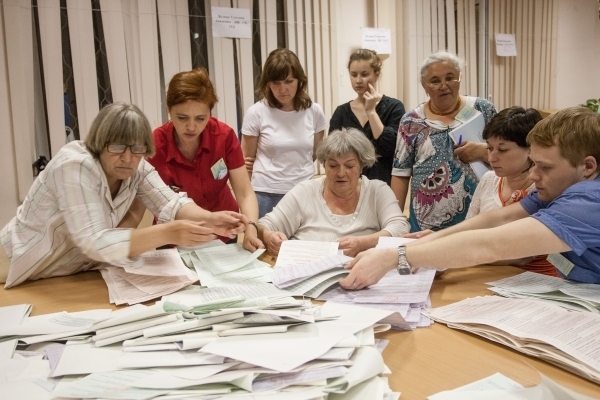Medvedchuk was in touch with Servant of the People candidates during the election campaign, says Rakhmanin
Vitaliy Portnikov: Before the elections, experts were talking about a possible coalition between the Servant of the People…

To suggest a correction or clarification, write to us here
You can also highlight the text and press Ctrl + Enter
Please leave your suggestions or corrections here

We are an independent media outlet that relies solely on advertising revenue to sustain itself. We do not endorse or promote any products or services for financial gain. Therefore, we kindly ask for your support by disabling your ad blocker. Your assistance helps us continue providing quality content. Thank you!